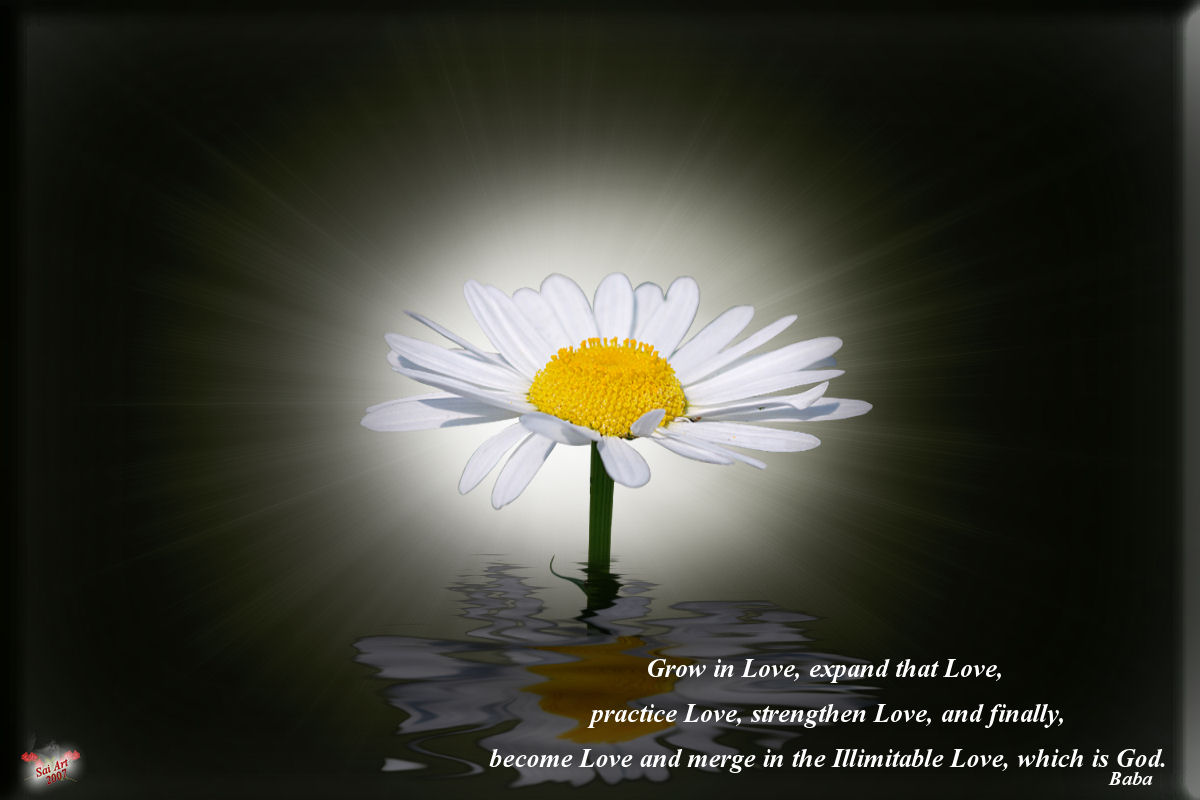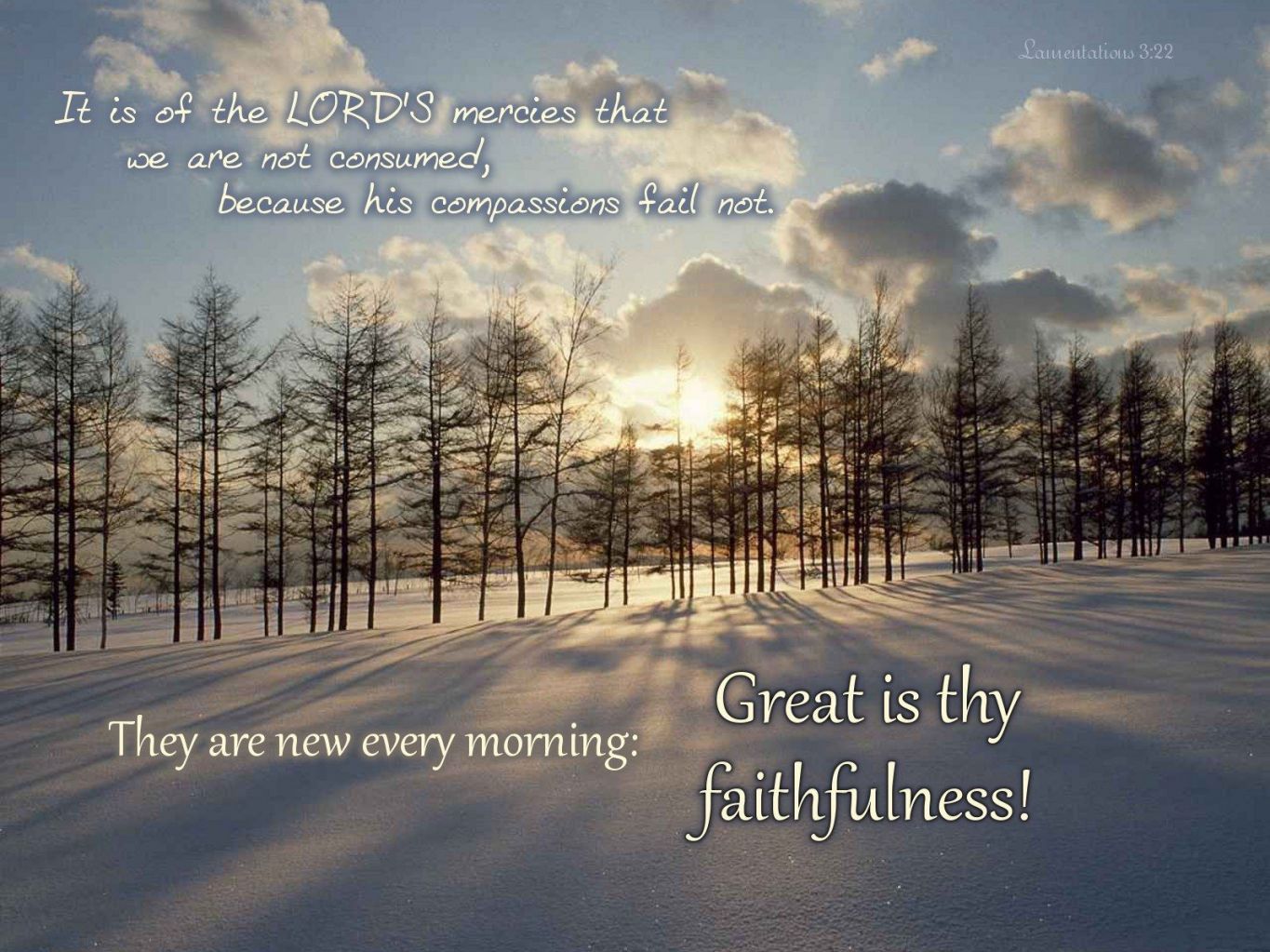Christmas Love Poems Definition
Source(google.com.pk)
Thomas Hardy's prolific output as a novelist often overshadows his secondary career as a poet. But his intensely musical and movingly mournful poems, mostly written after the death of his first wife, expose unparalleled levels of emotional truth, helping his writing form a bridge between the Victorians and modernism.
Hardy was born to a working class family in Higher Bockhampton, Dorset in 1840. His mother worked in domestic service and his father was a stonemason and amateur musician. At 16 Hardy became an apprentice to an architect and spent his early twenties in London, where he began to write his first poems, although the rural landscapes of his boyhood informed Hardy's imagination. In 1867 he returned to the area where he was born and supplemented his architectural wage by writing novels, which were soon popular enough for him to take up writing full-time. Public opinion turned against him and Hardy stopped writing fiction when Jude the Obscure was attacked for obscenity. Shortly afterwards, at the age of 58 he published his first collection of poetry, Wessex Poems (1898).
Many of Hardy's most moving poems were written immediately following his wife Emma's death in 1912. They recall not just their early days of happiness, but their long years spent mired in domestic misery. Hardy could also respond powerfully to public events. For example he wrote about the sinking of the Titanic in The Convergence of the Twain and the human cost of the Boer War in Drummer Hodge. At his death in 1928 Hardy's ashes were interred at Westminster Abbey, but his heart was removed for burial alongside Emma in Stinsford, Dorset.Christmas poems cover a multitude of sins, from the pious to the sickeningly cute. This is a reflection of the schizophrenic nature of Christmas itself – a major religious festival in the Christian calendar, which has been subsumed into a secular celebration of consumerism. As one might expect, Peculiar Poetry takes an oblique approach to Christmas poetry, offering a selection of festive poems that distil the true spirit of Christmas – misanthropic, dyspeptic and self-indulgent - and counterbalances it with the odd religious or romantic Christmas poem.Launched for Christmas 2011, Peculiar Poetry's first eBook is a collection of funny Christmas poems, parodies and nonsense verse by our resident poets Max Scratchmann, Paul Curtis and Patrick Winstanley. Oddly compelling and compellingly odd, you'll enjoy a roller coaster ride through the festive peaks - drinking, feasting and flirtation - and troughs - hangovers, religion and relations - in an anthology overflowing with new poems and Christmas good cheer. Modestly priced and immodest in all other respects, our Collection of Funny Christmas Poetry is as English as hot buttered crumpets and equally irresistible.A collection of Christmas poems by Paul Curtis which illustrates just how widely his poetry ranges. Those who have discovered Paul's work elsewhere on Peculiar Poetry will be unsurprised to find examples of both funny and dirty Christmas poems. Perhaps more surprising are the poems about the history and traditions of Christmas - Paul is the author of a prose anthology on the subject - and the religious Christmas poems, which illuinate a respectable side to his character which is perhaps not always apparent in his other styles of poetry.The selection of funny Christmas poems are ostensibly clean (at least for an adult audience) poems which take a humorous look both the Christmas itself and all the shenanigans - overindulgence, shopping, false bonhomie - which surround the festive period.Short attention span poetry for those who prefer their Christmas poems in easily digestible form. The initial collection of poems covers Paul's favourite festive subjects - shopping, chavs, dwarves and political correctness - and includes a series potentially inflammatoyAmongst the dirty Christmas poems you'll find poems that are rather more rude or risque than the funny Christmas poems, but there is nothing outrageously dirty or gratuitously offensive.Thoughtful and thought-provoking poems which focus on both the biblIf you follow Politics and the economy then you are certainly aware that Obama has not gotten the economy under control or the Budget Balanced.For the Next couple of weeks lets try and write Online Poetry about the Republicans and Democrats. Maybe you Love Politics and want to express your love for the whole political debate thing or maybe you just hate a particular party and want to express your reasons. Now is a good time to promote your views and your poetry and get a little bit political. Write about the economy, the good side and the bad but be honest with yourself and your readers. Write about the lack of jobs or even the so called job report that says things are not so bad,Neruda wrote in a variety of styles such as erotically charged love poems as in his collection Twenty Poems of Love and a Song of Despair, surrealist poems, historical epics, and overtly political manifestos. In 1971 Neruda won the Nobel Prize for Literature. Colombian novelist Gabriel García Márquez once called him "the greatest poet of the 20th century in any language." Neruda always wrote in green ink as it was his personal color of hope. ical message and the significance of the festive period to contemporary Christians.The collection of Christmas poems concludes with a mixed selection of poems which encompass a variety of subjects and themes - Christmas love poems, sad Christmas poems, poems about modern attitudes towards the festive period and, perhaps most appropriate of all, poems offering warm Christmas greetings to the world.When that specialization, which is one of the myriad results of industrialism, has so taken hold of the world that no one can be sure of recognition unless he produce in a certain field, it is more than pleasant to find one who defles the behest of the moment. Of the many younger poets now publishing almost all calim appreciation as specialists as poets of certain things or times or places. There is the poet of industrialism; the poet of the West; the poet of the Yukon; the poet of the Umpty-third regiment; the poet of Windy Peaches, Neb. Agter reading the works of such we are painfully impressed with the realization that the authors have never looked beyond their industrialist or Yukon noses, and we feel a sudden pessimism for the future of poetry. When we are in this state of mind it is, we repeat, more than refreshing to find a young poet who professes no field but the field of art. Such a one is Mr. McLane, if we can judge from his latest book of poems-"Shafts of Song". If he must have a little we suggest that of "a poetry of beauty








No comments:
Post a Comment